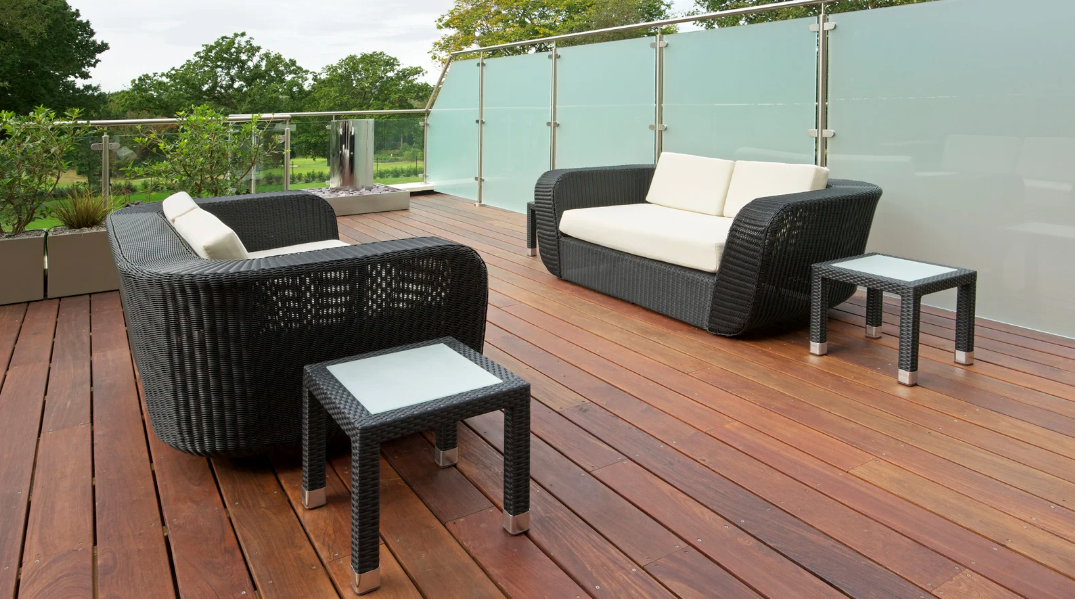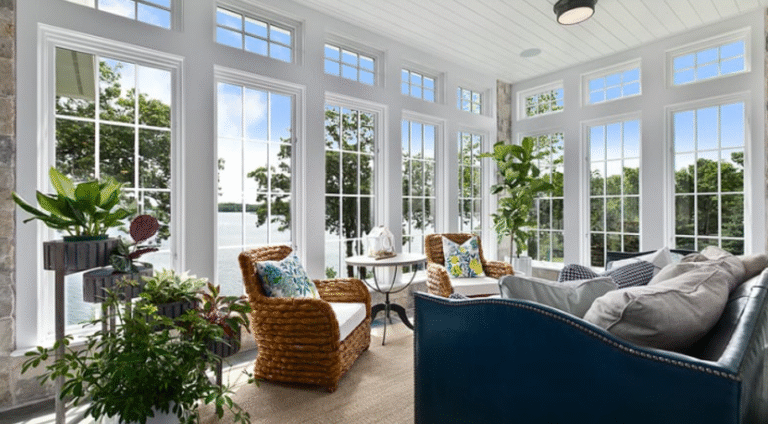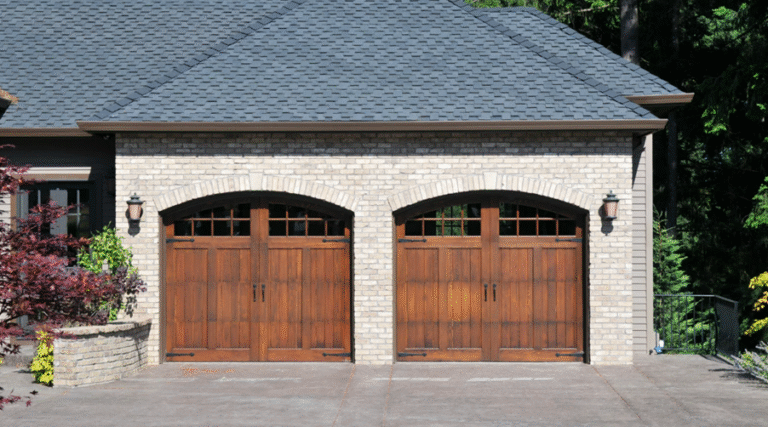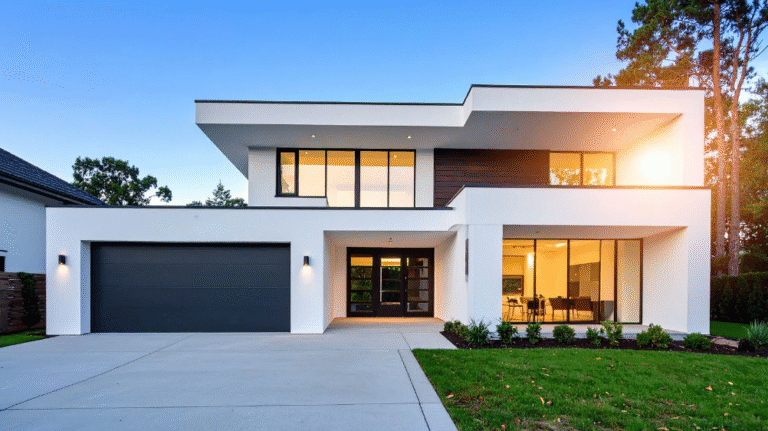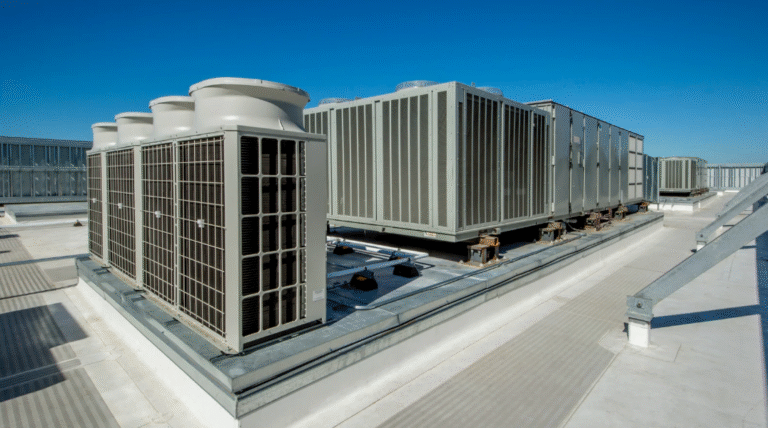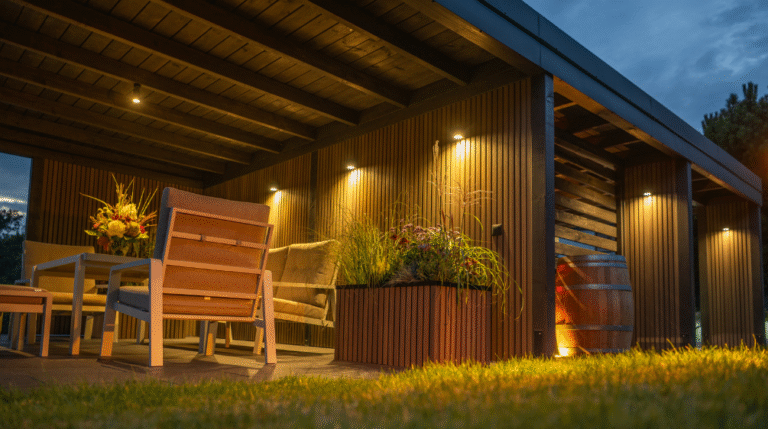Why Trex Composites Offers More Sustainable Value Over Time
Homeowners increasingly seek outdoor living solutions that balance environmental responsibility with long-term performance and aesthetic appeal. Traditional wood decking, while initially attractive, often fails to deliver lasting value due to maintenance requirements, replacement costs, and environmental impact. Trex composite decking represents a revolutionary approach that transforms recycled materials into durable, beautiful outdoor spaces. A professional installation service provider for Trex decking in Westerville understands how these innovative materials provide superior sustainability and performance compared to conventional alternatives. When you choose composite materials over traditional wood, you invest in a solution that protects both your property and the environment for decades.
Environmental Benefits Through Recycled Materials
Trex composite decking demonstrates exceptional environmental stewardship by transforming waste materials into functional outdoor living spaces. Each Trex deck diverts thousands of pounds of plastic film and reclaimed wood from landfills, creating productive use for materials that would otherwise contribute to environmental degradation.
The manufacturing process incorporates approximately 95% recycled materials, including plastic shopping bags, food packaging, and reclaimed sawdust from woodworking operations. This innovative approach reduces demand for virgin materials while addressing the growing challenge of plastic waste management in communities worldwide.
See also: How Technology Is Making Our Homes More Efficient
Durability and Maintenance Advantages
Professional composite installation eliminates the ongoing maintenance cycle that makes traditional wood decking expensive and environmentally problematic over time. Trex materials resist rot, insects, and weather damage that typically destroys wood decking within years of installation. These durable composites are engineered to provide long-term performance with minimal upkeep, making them a smart investment for homeowners focused on longevity and sustainability.
Weather resistance ensures composite decking maintains its appearance and structural integrity through extreme temperature variations, heavy precipitation, and intense UV exposure. Unlike wood that warps, cracks, and splinters under weather stress, composite materials expand and contract minimally while retaining their original appearance. Understanding tips to maintaining your Trex deck for longevity and performance helps extend the lifespan even further. With proper installation and care, composite decks deliver years of beauty and function without the constant staining, sealing, or repairs that wood demands.
Long-Term Cost-Effectiveness
Total cost of ownership analysis reveals that Trex composite decking provides superior financial value despite higher initial investment costs. When maintenance, replacement, and disposal costs are calculated over a typical deck’s lifespan, composite materials deliver significant savings.
Maintenance cost elimination includes savings on staining, sealing, power washing, and board replacement that traditional wood decking requires every few years. These ongoing expenses often exceed the initial cost difference between wood and composite materials within the first decade.
Understanding the benefits of choosing Trex decking over traditional wood helps homeowners appreciate both the immediate and long-term advantages of composite materials. Insurance and warranty protection often provide additional value through comprehensive coverage that protects your investment while demonstrating the manufacturer’s confidence in product performance and durability.
Innovation and Future Sustainability
Continuous product development ensures Trex composite materials become more sustainable and efficient with each generation of innovation. Research and development investments focus on improving recycled content percentages and developing new applications for waste materials.
Manufacturing efficiency improvements reduce energy consumption and waste generation during production processes. Advanced manufacturing techniques create stronger, more attractive products while minimizing environmental impact and resource consumption.
Recycling program expansion allows old Trex decking to be reclaimed and reprocessed into new products, creating a closed-loop system that maximizes material utilization while minimizing waste generation throughout the product lifecycle.
Conclusion
Trex composite decking offers compelling sustainable value through recycled material utilization, exceptional durability, and long-term cost effectiveness that traditional wood cannot match. The environmental benefits extend from manufacturing through decades of maintenance-free service, while superior weather resistance and longevity provide excellent return on investment. Professional installation ensures optimal performance and maximizes the sustainability advantages that make Trex the responsible choice for environmentally conscious homeowners. When you choose composite decking, you invest in both your property and environmental stewardship that benefits communities for generations.
